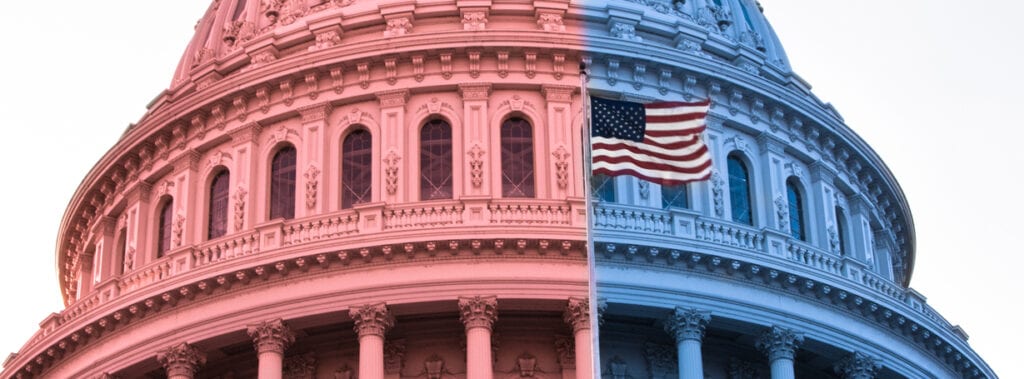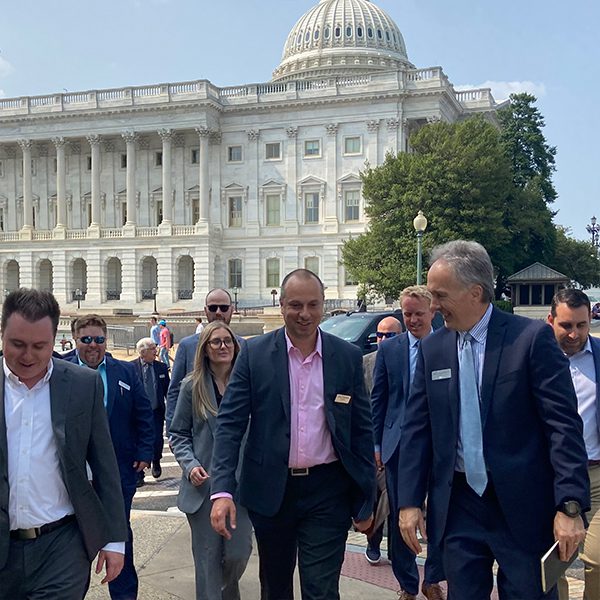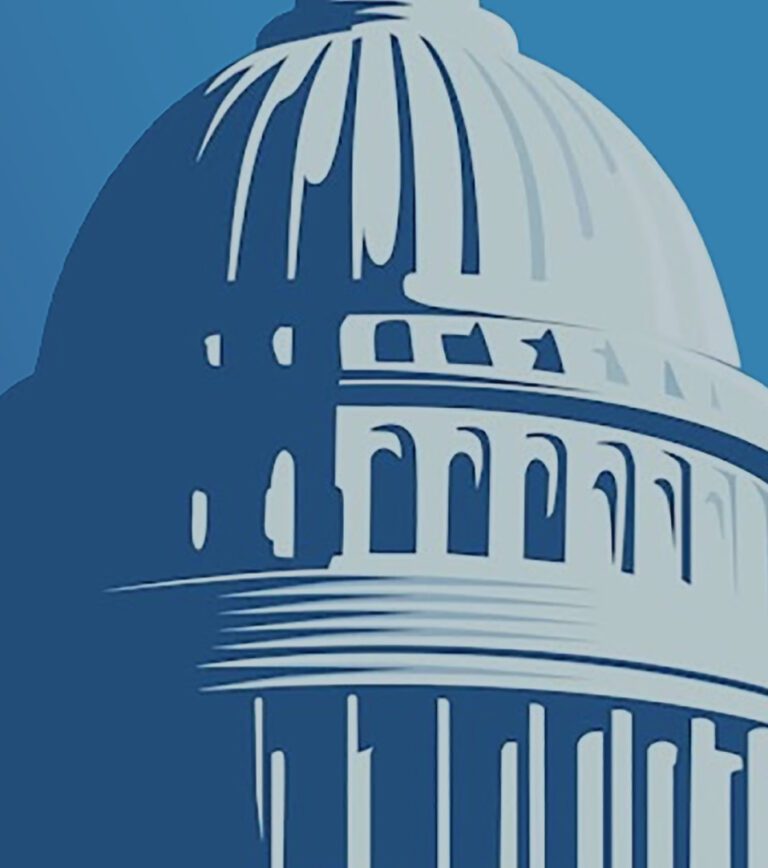Crumbling infrastructure is a common problem across the United States, impacting our global competitiveness and directly impacting furniture retailers trying to receive, process, and deliver in-demand goods to consumers. For the last several years, the running joke in Washington, DC, has been the never-ending ‘Infrastructure Week.’ Previous administrations and congresses could agree that focusing on infrastructure investments had bipartisan APPEAL but lacked the political will to get it done. President Biden and Democratic congressional leaders seized on this notion and doubled down by focusing on a large-scale infrastructure program as a means to economic recovery from COVID-19.
For about a month, President Biden has been engaged in active infrastructure negotiations with Senator Shelley Moore Capito (R-WV) on a potential bipartisan path forward. Along the way, each side gave a little, but stark differences continued to emerge, dooming the conversations from the start. President Biden’s American Jobs Plan began at $2.25+ trillion. Senator Capito’s opening offer was $568 billion, focusing on physical assets. As President Biden reduced his overall spending figures to $1.7 trillion, Republicans increased their offer to $925 billion. The unfortunate reality is that any number agreed to in Congress will only be a fraction of the investment needed. Getting closer on the funding was never really the issue – it was (and will continue to be) how to pay for this spending. The president’s initial plan was to increase the corporate tax rate from 21% to 28%, which received significant pushback and rejection by congressional Republicans and industry groups like HFA. While the president ultimately dropped that proposal in these bipartisan talks, neither side could agree to an achievable framework covering how much to spend, what to include, or how to pay for it.
President Biden ended the negotiations with Sen. Capito and has shifted to another group of bipartisan senators for ideas on a path forward. The expectation is those talks will meet the same fate. That leaves Democrats scrambling to deliver on another major promise from President Biden using the budget reconciliation process relying on all 50 Democrat senators and Vice President Harris to break the tie, to pass legislation. The ultra-tight majorities in the House and Senate make this especially difficult as each member could spell trouble for leadership if they object. Senators Joe Manchin (D-WV) and Kyrsten Sinema (D-AZ) have been the most outspoken and analyzed senators, given their objections to President Biden’s proposals and doing things in a partisan manner.
The bipartisan record of this Congress and Administration is extremely limited – knowing the significant impact of infrastructure on Americans every day – there was renewed hope that a bipartisan solution could be found. Five months into this Administration – both sides are still searching.











